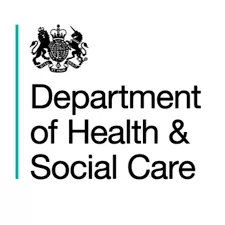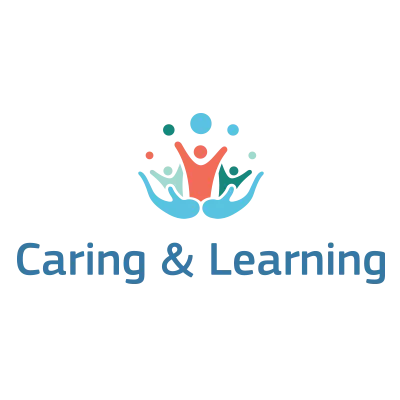Carers action plan 2018 to 2020: Supporting carers today


Not only do carers face emotional challenges but they sometimes navigate through complex systems with little formal guidance and direction.
Carers need to be recognised and valued. Carers need access to information and support to provide the best care they can. Carers need to be helped to balance their caring responsibilities with their own employment and to preserve their personal health and wellbeing.
For the purposes of this action plan, a carer is considered to be anyone who spends time looking after or helping a friend, family member or neighbour who, because of their health and care needs, would find it difficult to cope without this help regardless of age or whether they identify as a carer.
Adult and young adult educators may be especially interested the chapters of this document that discuss:
- The Government Equalities Office has launched a £1.5m fund to support projects across England aimed at returners of all skill levels and backgrounds, has published best practice guidance and a toolkit to help employers run effective returner programmes, and has commissioned a toolkit to support returners to get back into paid employment
- The Department of Health and Social Care is working with Carers Trust on a young carers identification project which will develop and deliver a ‘train the trainer’ model to support local areas to identify potential young carers and enable individuals working with them to engage sensitively and signpost them to relevant services
- The Department of Health and Social Care have funded work in partnership with Carers UK and Digital Health and Care Alliance on a project to support greater awareness (of the availability and potential of technology and products to support carers) among carers, support groups, commissioners, health professionals, local authorities, service providers and potential developers of technologies
- The Office for Civil Society (within DCMS) is supporting an End of Life Social Action tool-kit that will allow volunteers to train to visit people in their homes to provide a range of non-medical support which will complement the support provided by carers
- The Open University is working in partnership with DHSC to maintain the currency of the international Carer-Related Research and Evidence Exchange Network. This is a freely accessible resource which provides up to date organised information and evidence about carers and meets the need for multidisciplinary knowledge exchange nationally and internationally around carer research evidence, practice, policy and innovation
The plan draws on responses to the 2016 Carers strategy: call for evidence.

This resource was published during the 'Caring & Learning' special focus week.
Click here to access more carer learning resources, projects, best practices and more.
Remember to share your thoughts in the comment box below or tweet and share on Twitter, Facebook and LinkedIn.

